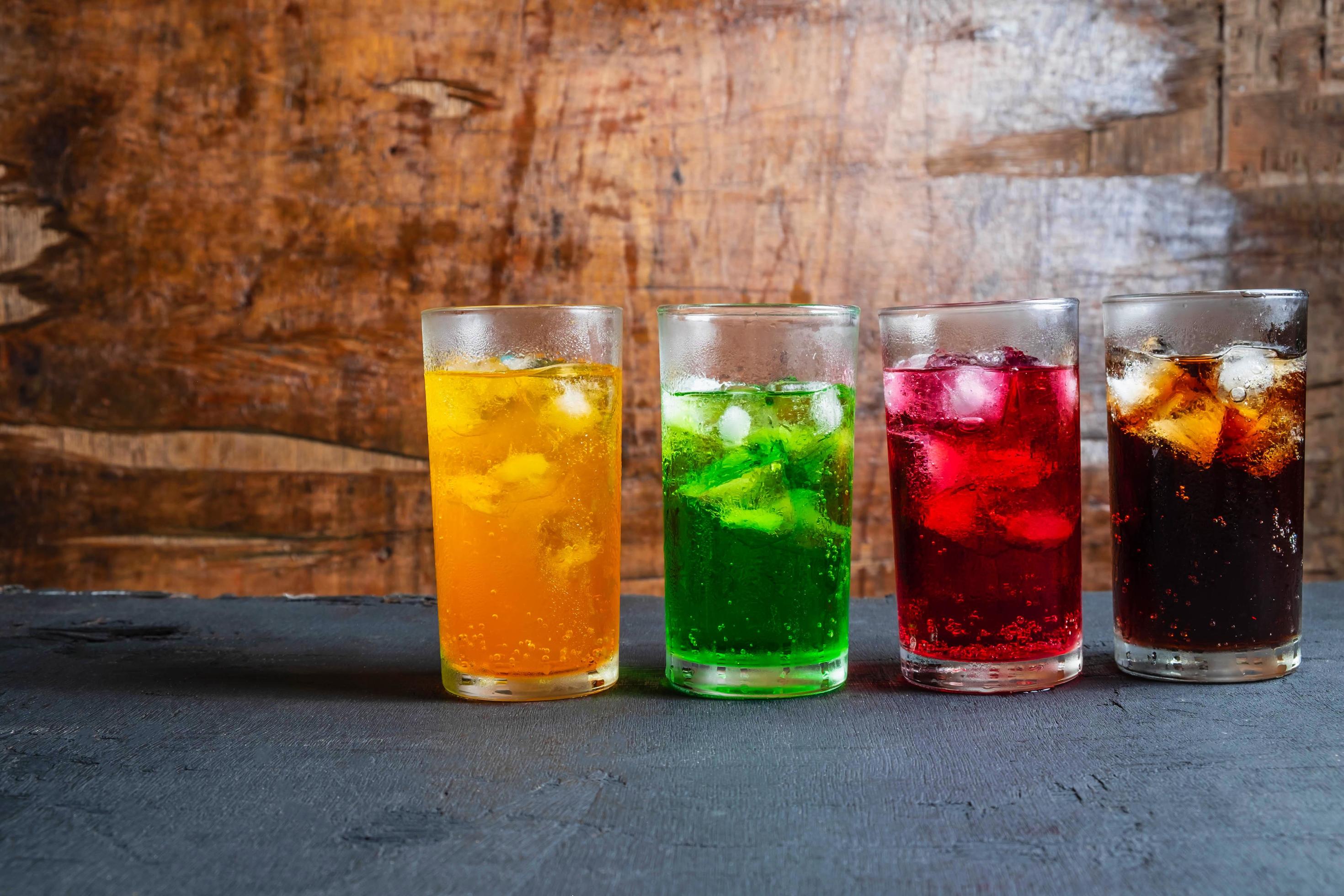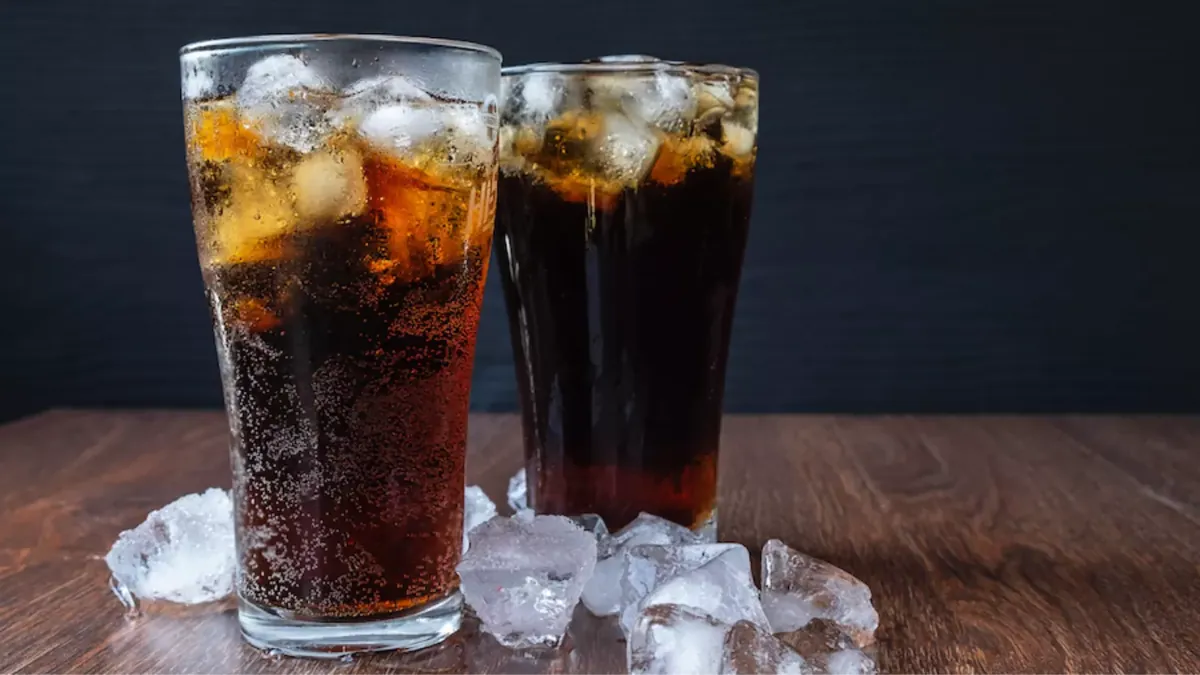Recent Recalls and their Impact: Soft Drinks Recalled
Soft drinks recalled – In recent months, several popular soft drink brands have been recalled due to various health and safety concerns. These recalls have raised questions about the safety of our food and beverage supply and have had a significant impact on consumer confidence and brand reputation.
Amidst the alarming news of soft drinks being recalled, the sudden passing of legendary basketball coach Jerry West ( jerry west death cause ) sent shockwaves through the sports world. While the cause of his death remains unknown, the tragedy serves as a somber reminder of the fragility of life.
As we continue to monitor the soft drink recall situation, we can’t help but reflect on the countless lives that have been touched by the legendary coach.
Some of the most notable soft drink recalls in recent memory include:
- In 2021, PepsiCo recalled several batches of its Mountain Dew and Sierra Mist sodas due to the presence of benzene, a known carcinogen.
- In 2022, The Coca-Cola Company recalled some of its Dasani bottled water products due to concerns about mold contamination.
- In 2023, Dr Pepper Snapple Group recalled some of its Dr Pepper and 7UP sodas due to the presence of undeclared allergens.
The potential health risks associated with these recalled products vary depending on the specific contaminant. Benzene, for example, is a known carcinogen that can cause leukemia and other blood cancers. Mold contamination can cause a variety of health problems, including respiratory problems, skin infections, and gastrointestinal distress. Undeclared allergens can cause serious allergic reactions in people with allergies to those substances.
The recalls have had a significant impact on consumer confidence and brand reputation. Many consumers are now hesitant to purchase soft drinks from the affected brands, and some have even sworn off soft drinks altogether. The recalls have also damaged the reputation of the soft drink industry as a whole, and it may take some time for the industry to regain the trust of consumers.
Reasons for Soft Drink Recalls

Soft drink recalls occur for various reasons, often stemming from contamination, labeling errors, or packaging defects. Understanding these causes is crucial for ensuring consumer safety and product integrity.
Sources of Contamination
- Bacteria: Soft drinks can become contaminated with bacteria, such as Salmonella or E. coli, during production, storage, or transportation. These bacteria can cause serious illnesses, including food poisoning and infections.
- Chemicals: Contamination with chemicals, such as pesticides or cleaning agents, can also occur during the production process or through accidental spills. Chemical contamination can lead to health problems ranging from minor irritation to severe organ damage.
- Foreign Objects: Foreign objects, such as glass, metal, or plastic, can enter soft drinks during production, packaging, or handling. These objects pose a choking hazard or can cause injuries if ingested.
Labeling Errors and Packaging Defects
Labeling errors can occur when incorrect or misleading information is printed on the soft drink packaging. This can include inaccurate ingredient lists, nutritional information, or expiration dates. Labeling errors can lead to consumers making uninformed choices or consuming products they may be allergic to.
Packaging defects, such as leaks, punctures, or faulty seals, can allow bacteria or other contaminants to enter the soft drink. These defects can also compromise the product’s shelf life and lead to spoilage.
Regulatory and Industry Response

Regulatory agencies play a crucial role in overseeing the production of soft drinks and issuing recalls to ensure public safety. They establish and enforce regulations governing the manufacturing, packaging, and distribution of soft drinks. When a potential hazard is identified, regulatory agencies conduct investigations, assess the risks, and issue recalls to remove affected products from the market.
The industry’s response to recalls is typically swift and comprehensive. Manufacturers recall affected products, conduct thorough investigations to identify the root cause of the issue, and implement corrective measures to prevent future incidents. The industry also works closely with regulatory agencies to ensure that all necessary steps are taken to protect consumers.
The effectiveness of current regulations and industry practices in ensuring the safety of soft drinks is an ongoing topic of debate. While recalls are an essential tool for removing unsafe products from the market, some critics argue that regulations and industry practices may not be sufficient to prevent all potential hazards. Others maintain that the current system strikes a reasonable balance between ensuring safety and allowing for innovation and consumer choice.
Role of Regulatory Agencies
Regulatory agencies play a critical role in ensuring the safety of soft drinks. They establish and enforce regulations governing the production, packaging, and distribution of soft drinks. These regulations cover a wide range of areas, including:
- Ingredient safety
- Manufacturing practices
- Packaging standards
- Distribution and storage
Regulatory agencies also conduct inspections of soft drink manufacturing facilities to ensure compliance with regulations. When a potential hazard is identified, regulatory agencies conduct investigations, assess the risks, and issue recalls to remove affected products from the market.
Industry Response to Recalls
The industry’s response to recalls is typically swift and comprehensive. Manufacturers recall affected products, conduct thorough investigations to identify the root cause of the issue, and implement corrective measures to prevent future incidents. The industry also works closely with regulatory agencies to ensure that all necessary steps are taken to protect consumers.
In addition to recalls, the industry has also taken a number of proactive steps to improve the safety of soft drinks. These steps include:
- Developing and implementing Good Manufacturing Practices (GMPs)
- Investing in research and development to identify and mitigate potential hazards
- Working with suppliers to ensure the safety of raw materials
- Educating consumers about the safe handling and storage of soft drinks
Effectiveness of Current Regulations and Industry Practices, Soft drinks recalled
The effectiveness of current regulations and industry practices in ensuring the safety of soft drinks is an ongoing topic of debate. While recalls are an essential tool for removing unsafe products from the market, some critics argue that regulations and industry practices may not be sufficient to prevent all potential hazards. Others maintain that the current system strikes a reasonable balance between ensuring safety and allowing for innovation and consumer choice.
There is no doubt that the current system has been successful in reducing the number of soft drink-related illnesses and deaths. However, there is always room for improvement. Regulatory agencies, the industry, and consumers can all play a role in making soft drinks even safer.
As the news of the soft drinks recall spread like wildfire, I couldn’t help but wonder about the resilience of the human spirit. Just like the legendary basketball icon Bill Russell, who persevered through countless challenges alongside his beloved wife , we too can overcome adversity.
And as we navigate the aftermath of this recall, let us remember that even in the face of setbacks, our thirst for life will always find a way to quench.
Amidst the unsettling news of soft drinks being recalled, a comforting reminder emerged: the legacy of Bob Cousy. Just as the recalled drinks remind us of the importance of vigilance, Cousy’s graceful play on the court evokes memories of precision and skill.
As the controversy over the beverages continues, let us draw inspiration from the enduring spirit of this basketball legend, who taught us the value of integrity and the pursuit of excellence.
In the wake of the recent soft drinks recall, it’s easy to see why consumers are concerned about the safety of their favorite beverages. But what does this mean for legendary basketball coach Jerry West , who has been the face of Pepsi for decades?
While West has not commented on the recall, it’s clear that the news has cast a shadow over his legacy. As consumers grapple with the health implications of the recalled drinks, it remains to be seen how this will impact West’s reputation and the future of his partnership with Pepsi.
The recent recall of several popular soft drinks has raised concerns about the safety of these beverages. While the exact cause of the contamination is still under investigation, some experts believe that it may be related to the use of certain sweeteners.
One of the most outspoken critics of the use of artificial sweeteners is former NBA star Jerry West. West, who has been diagnosed with diabetes, has long advocated for the reduction of sugar consumption. He believes that the use of artificial sweeteners is not only ineffective but may also be harmful to health.
The recall of these soft drinks has given West’s arguments new weight, and it is likely that the debate over the safety of artificial sweeteners will continue.